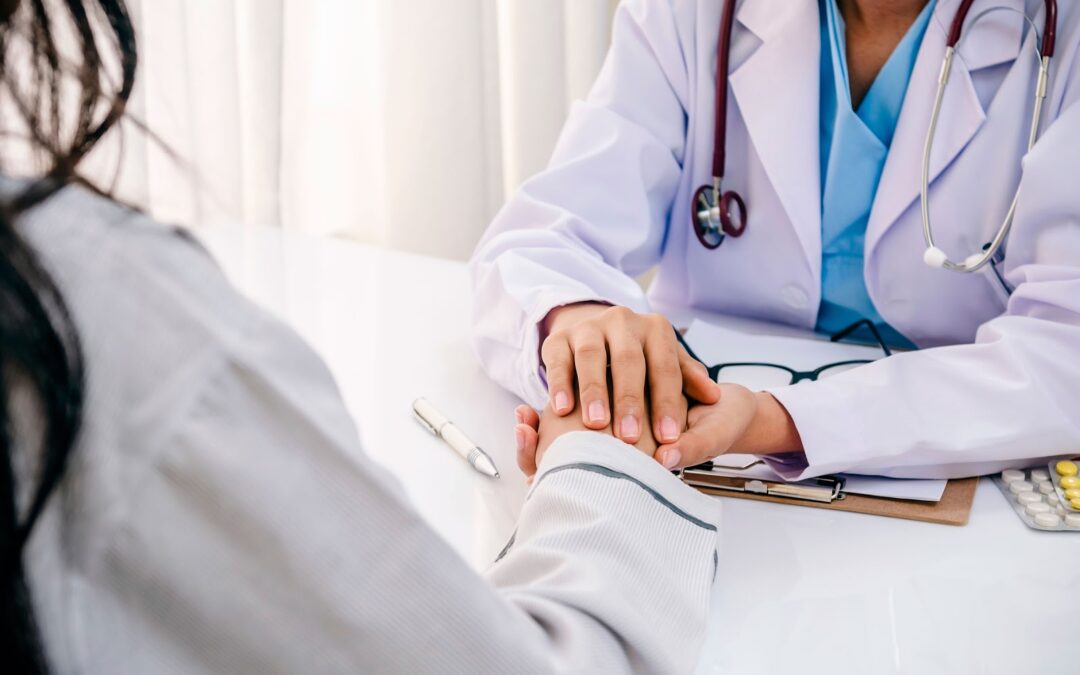Did you know that 13,000 women in the United States are diagnosed with cervical cancer every year? January is Cervical Health Awareness Month! Today we go over how you can take care of your cervical health.
HPV Vaccination
The human papillomavirus can lead to nearly all cervical cancers. This is why getting vaccinated early is very important, especially at a young age. Vaccination should start at age 9 to 12, for both boys and girls. According to the Centers for Disease Control and Prevention, children that are over 15 years old can be vaccinated and need to get three vaccine shots with 6 months. In fact, anyone up to age 26 can and should get vaccinated if they haven’t been already.
While it’s true that HPV can go away on its own, there are cases where genital warts and cancer can develop. The HPV vaccination prevent you from contracting cancer-causing infections and types of cancer. While the vaccine can sound intense, but the benefits for women have been undeniable. For example, there’s been a 71% to 86% drop in types of HPV infections that cause cancer and genital warts for female teens and young adults. Prevention and early detection are key to reducing major risk towards your cervical health.
Getting Screened Regularly
As much as pap smears are uncomfortable to think about, they play a vital role in protecting your health. This is especially true for your cervical health. Your annual pap smear appointment helps detect cervical cancer. No if’s, and’s, or but’s about it! According to the CDC, in 2015 only 69% of women over 18 years old had a pap smear test within the three years. That should be 100% of women!
How many times should you get screened for your cervical health? Since every woman’s body is different, so are their health needs. You should discuss screening frequency your doctor. They will know your health needs and when you should get tested for pap smears, HPV tests, and more.
Early Detection is Key
There are some misconceptions that if you’ve already been vaccinated or if you’ve reached a certain age you don’t need to be tested anymore. What we all must remember is that our bodies don’t stay the same forever. We cannot rely on past habits or life events from excusing ourselves from maintaining our health. If you have multiple signs of the following symptoms described down below, you should see your doctor for testing and treatment:
- Painful intercourse
- Bleeding or spotting after intercourse, between periods, and/or post-menopause
- Out-of-the-blue, consistent pelvic pain or back pain
- Numbness or loss of strength in your hands, feet, or limbs
- Swelling in the legs
- Fatigue, loss of weight/appetite
- Nausea or feeling unwell all the time
- Incontinence
- Pain when urinating or blood in your urine
Check your calendar! When was the last time you visited your gyno? Give them a call and set up an appointment. Remember you are not alone and we are happy to help answer any questions you have about your health. If you don’t have a gynecologist you can schedule an appointment with us today!
